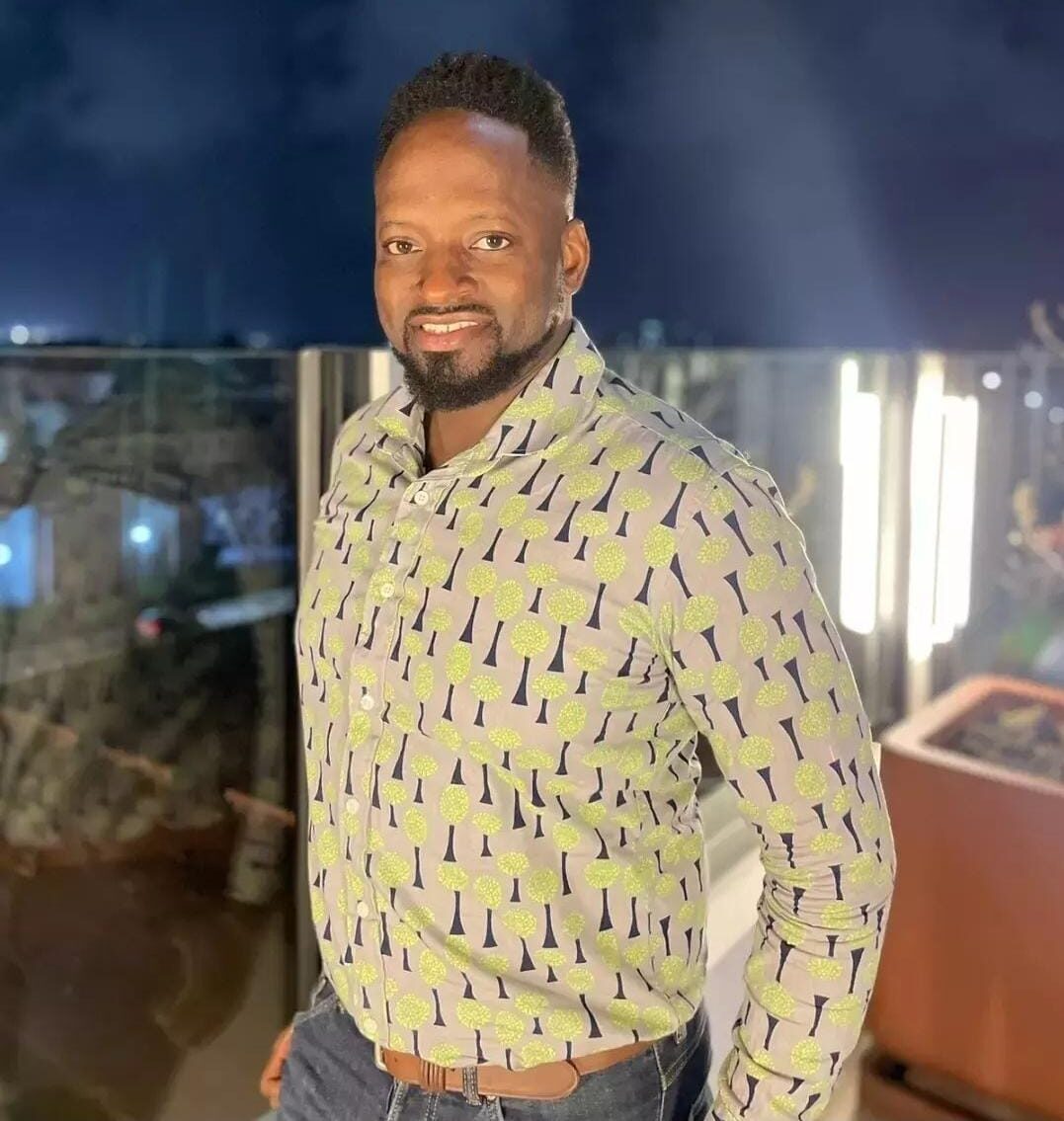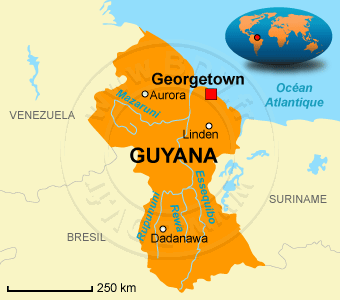Despite progress, Guyana holds tight to its homophobia
Moïse Manoël-Florisse, is an African-Caribbean online journalist keeping an eye…
Guyana remains the only South American nation that criminalizes homosexuality

At the start of 2024, Erasing 76 Crimes returns, as we did this time last year, to Guyana, where we interviewed Dillon Mohamed, the former regional delegate of the Caribbean Interfaith Network (CARIN), who helped found an LGBT+ inclusive church, Hope Anglo-Catholic Church in Georgetown.
Guyana isn’t just the only country in South America with a law against same-sex intimacy. It is also remains the only country in the Americas where the law on sodomy has not even been challenged in court. Article 353 of the country’s penal code, inherited from British colonisation, provides for life imprisonment in such cases.
The country has been in the news recently because of a rhetorical flareup in its long-festering border dispute with Venezuela.
The nation’s unique status in South America brings us here today to interview Joel Earl Simpson, the founder of Society Against Sexual Orientation Discrimination (SASOD), Guyana’s leading LGBT+ rights organisation.
For Erasing 76 Crimes, Joel explains the changes that have taken place in Guyana since the 2000s, particularly with regard to sexual and gender minorities.
Erasing 76 Crimes: How did SASOD come about?

Joel Earl Simpson: I founded SASOD over 20 years ago, in June 2003, when the acronym stood for Students Against Sexual Orientation Discrimination. I was a young 2nd year law student at the University of Guyana and I wanted the laws in my country to change in the interests of equality, so that our country’s constitution would take into account sexual orientation as a factor in discrimination, following the example of post-apartheid South Africa, for example.
We thought we were seeing timid signs of openness on the part of President Bharrat Jagdeo in this direction, but in the end the barrage from the Christian and Muslim communities did not allow us to be heard. The government of the day and the opposition even united against our proposal.
Erasing 76 Crimes: Have you personally experienced homophobia in Guyana?
Joel Earl Simpson: In a country where upholding the law creates social pressure and allows thugs and ordinary citizens to be able to extort LGBT+ persons, I was assaulted on 16 June 2019 on a public street after going to a nightclub (the Palm Court) because I am a public figure who does not hide my sexual orientation.
I was molested by 6 men who had previously forced me and my friends to leave this nightclub, after repeatedly throwing beer at us. I was kicked several times while I was on the floor and hospitalised as a result.
In any case, being a black man who has fun and dances with other men is still seen in an extremely pejorative light here, and if I’d been Indo-Caribbean, people wouldn’t have had anything to say about it.
Erasing 76 Crimes: In 21 years of activism, what have been your victories and what are your current battles?
Joel Earl Simpson: In 2018, after nine years of a fierce legal battle, we obtained recognition of the unconstitutionality of the law against cross-dressing from the Caribbean Court of Justice located in Port of Spain in Trinidad and Tobago. This victory followed the conviction of four people for cross-dressing in 2009.
In 2012, we helped to set up Guyana Trans United (GTU), a self-help and solidarity support group for transgender people, to provide solutions to their homelessness problems. It is a group that also intervenes in the field of health and medico-social and professional support.
Finally, in 2018, we launched the first public and highly visible Pride March in an English-speaking Caribbean country. Since then, other countries have followed suit, including Barbados and Trinidad and Tobago.
Finally, we also regularly carry out barometer activities to measure the prevalence of prejudice within Guyanese society, and we have observed a significant decline in stigmatisation, particularly among the younger generations, with 76% of respondents to the latest survey carried out by RMK Consulting Enterprise (2022) stating that the repeal of the law criminalising relations between two men would have a positive impact or no impact at all on their lives.




